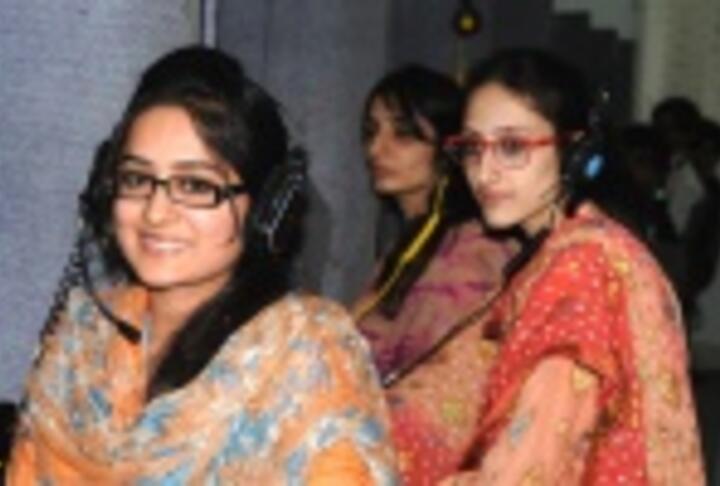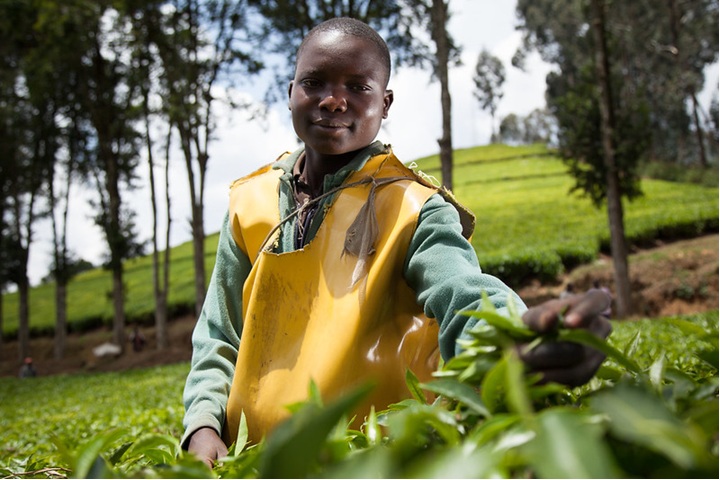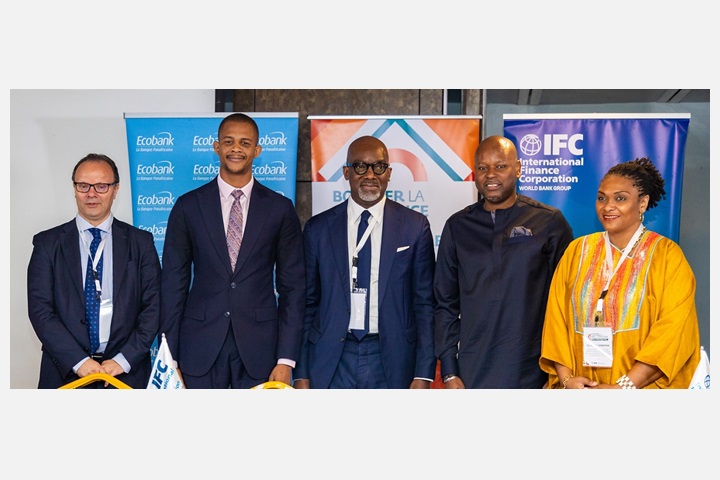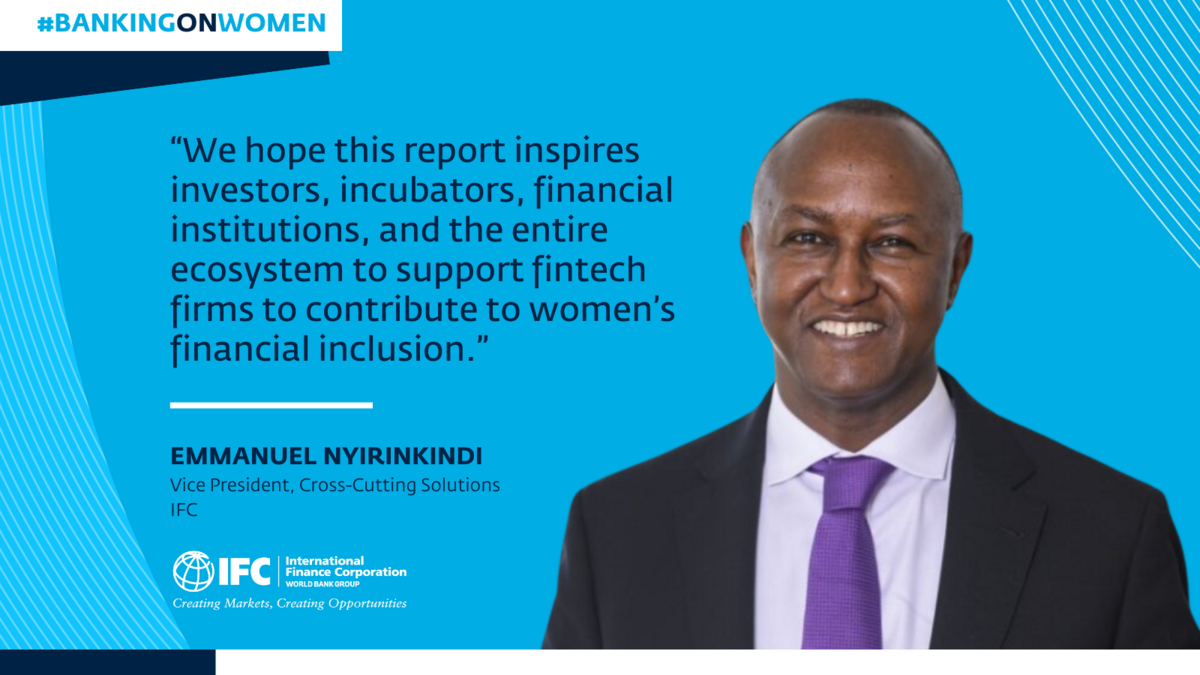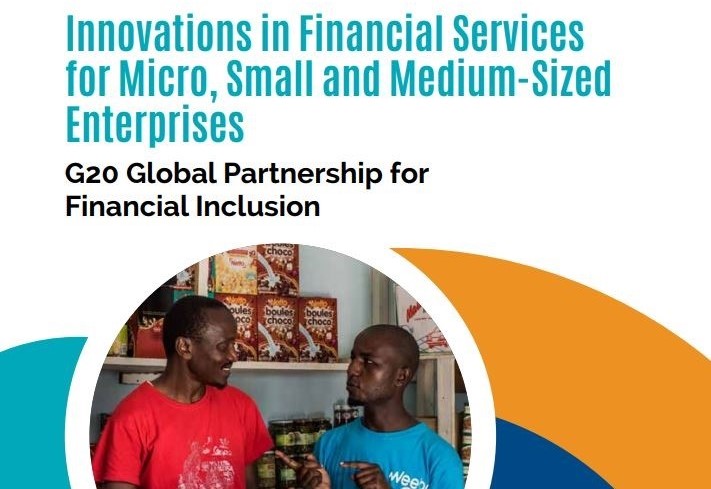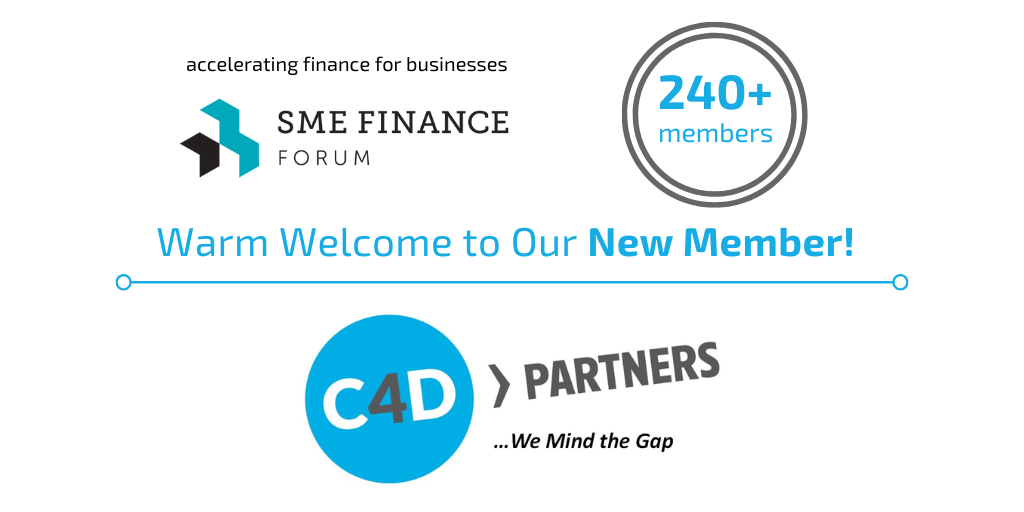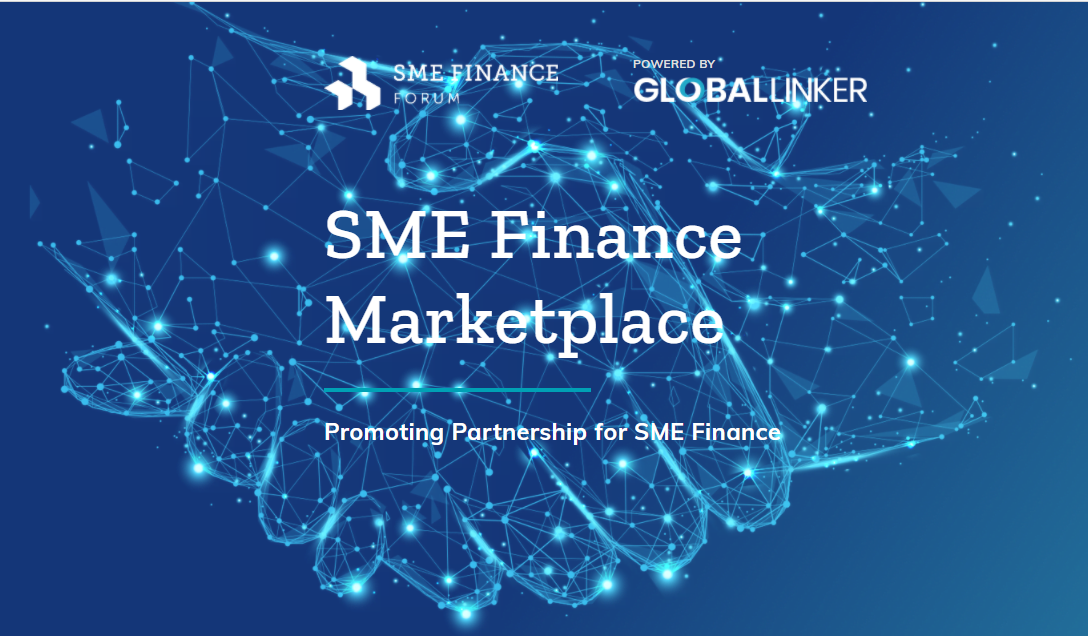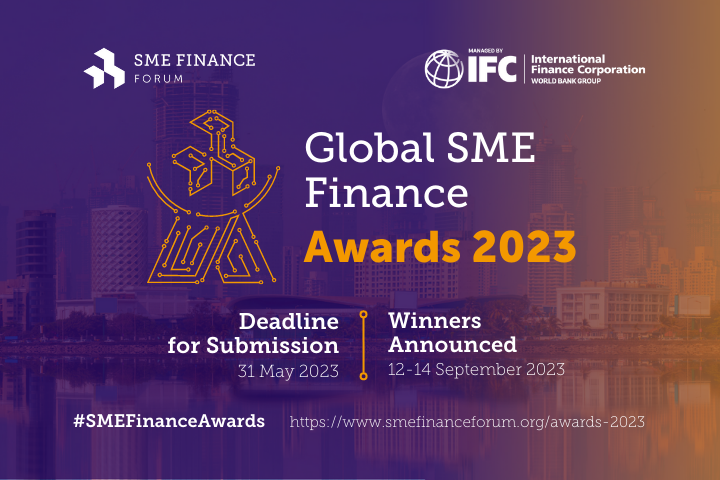The Women’s Finance Hub (part of the SME Finance Forum) recently hosted a conversation about the World Bank Group’s WomenX program, as part of the Financing Women Entrepreneurs for Growth series. The event was moderated by Sebastien A-Molineus, Director, World Bank, with panelists Mehnaz Safavian, Program Lead, Sarah Iqbal, Program Coordinator, Women Business and the Law, and Andrew McCartney, Senior SME Banking Specialist, IFC.
Globally, women-owned enterprises are steadily growing, contributing to household incomes and growth of national economies. However, women entrepreneurs continue to face time, human, physical, and social constraints that limit their ability to grow their businesses. Recognizing the unique challenges of female entrepreneurs, the WomenX program facilitates linkages between financial institutions and women entrepreneurs seeking necessary capital for business growth. The program is aimed at empowering women by improving their entrepreneurial ecosystem. Presently there are two country pilots ongoing in Pakistan and Nigeria. The program aims to unleash the power of women entrepreneurs by:
- Removing legal restrictions to level the playing field
- Strengthening women’s managerial capability to increase productivity, grow enterprises and encourage sector switches
- Ensuring that women can tap into networks and gain access to markets
- Building women’s confidence through mentorship
- Linking women to banks and sources of capital for growth and expansion.
Globally there are 865 million women who have the potential to contribute more fully to the economy, with 94% of them in developing countries. In the absence of women entrepreneurs, output per worker is 12% lower. Pakistan has the lowest rate of female entrepreneurship in the world. Only 1% of women in Pakistan are entrepreneurs compared to 21% of men. To date, despite the compelling case made for women’s participation in the global economy, women entrepreneurs are greatly outnumbered by their male counterparts, and they continue to face gender-specific obstacles that vary by country and region (in addition to the challenges faced by all SMEs in developing countries).
Access to finance remains the top concern for women entrepreneurs. About 5.3 million to 6.6 million women-owned SMEs in developing countries are estimated to be unserved or underserved by financial institutions. In Pakistan a mere 3% of the female population has access to an account at a formal financial institution. The experience of WomenX indicates a clear need for financial and non-financial solutions for women entrepreneurs. On the financial side, banks require training to ensure they are ready with the right policies, processes, skills and products to serve the financing needs of women. On the advisory side, there is a clear need for women entrepreneurship training in markets like Pakistan. Such training needs to be scalable and sustainable, but also requires one or more integral banking partners to ensure the linkage with access to finance is made.
WEBINAR MATERIALS
WomenX Overview - Mehnaz Safavian
WomenX in Pakistan - Sarah Iqbal
WomenX and Access to Finance in Pakistan - Andrew McCartney
About the author: Farah Siddique is a Consultant at the SME Finance Forum.


